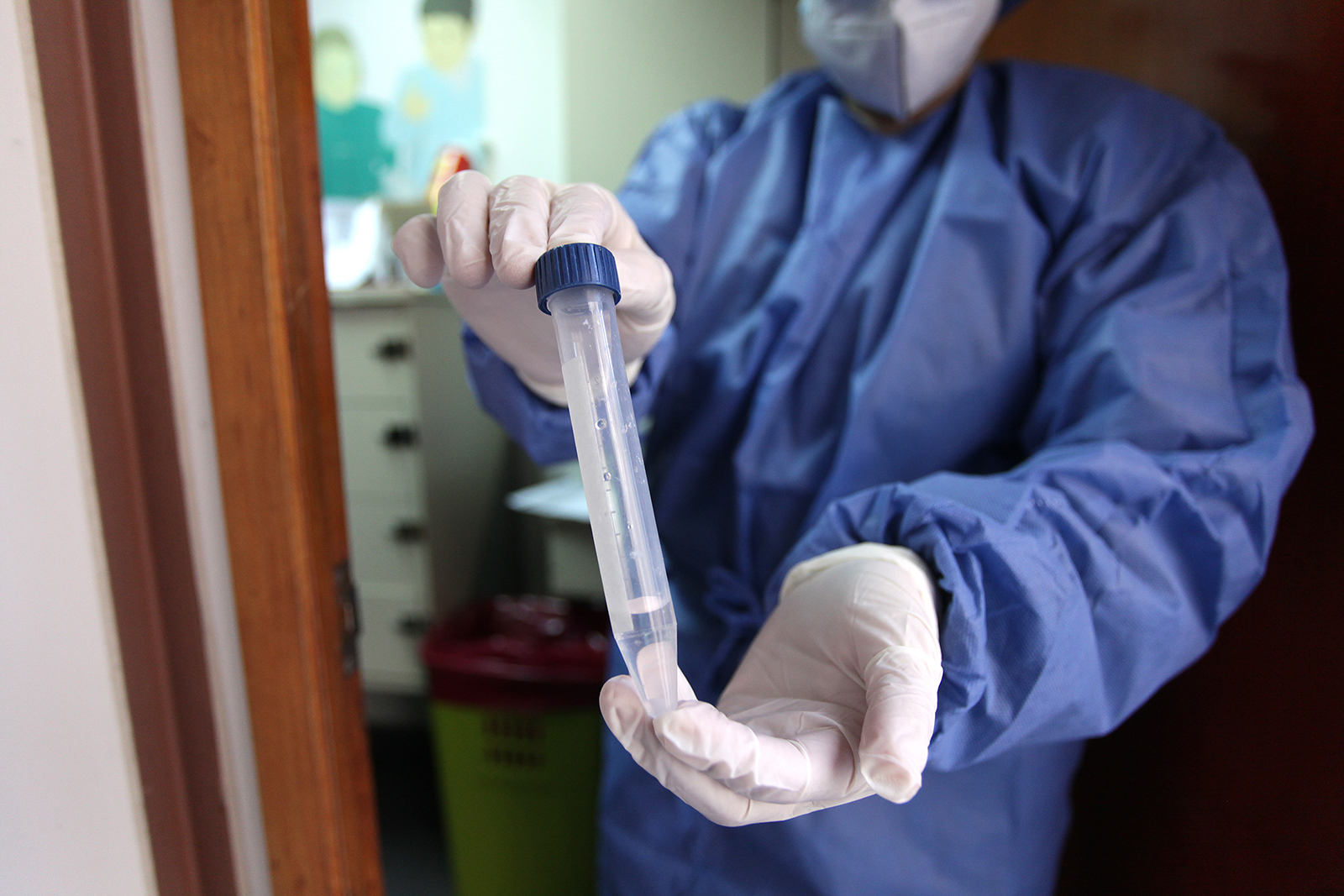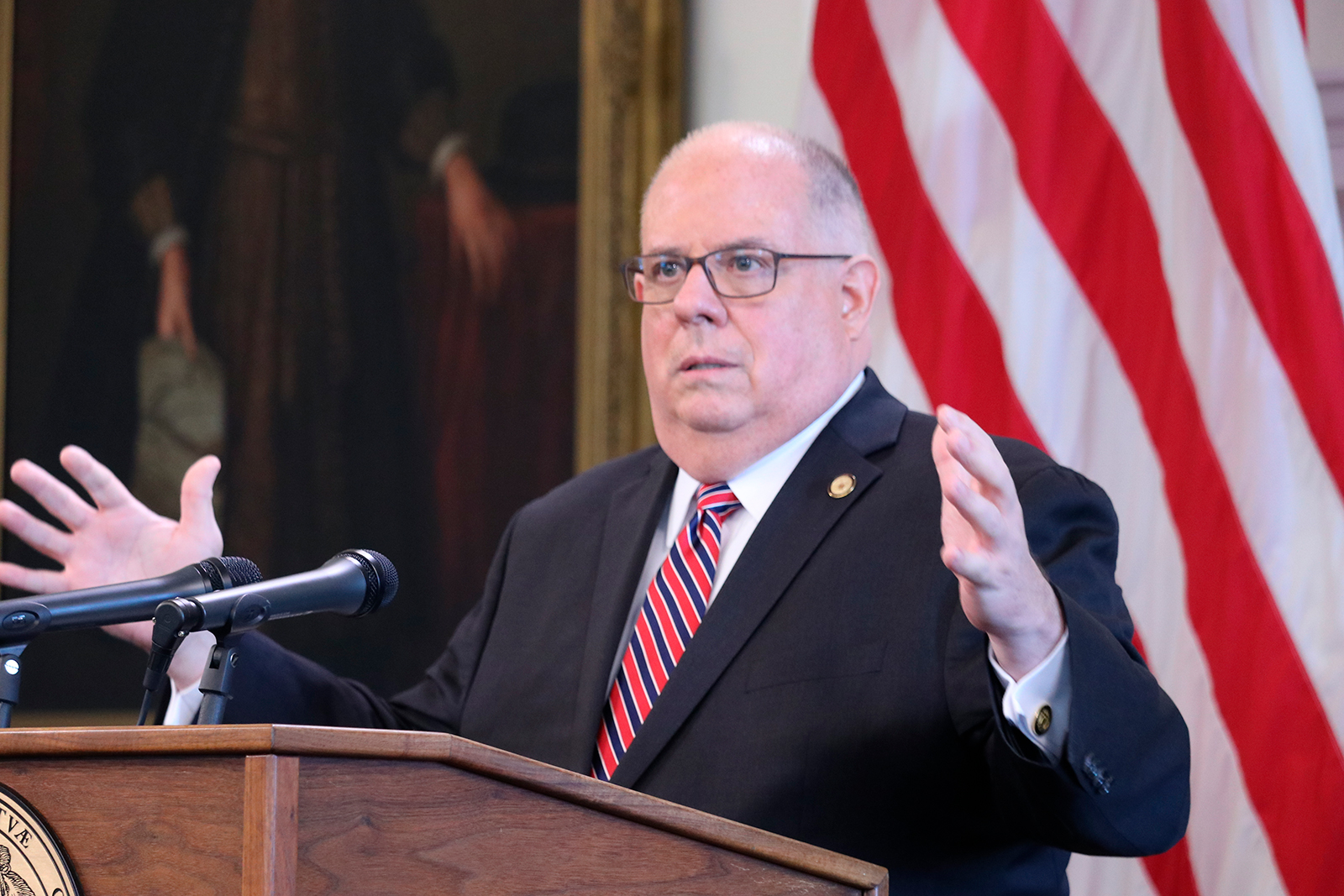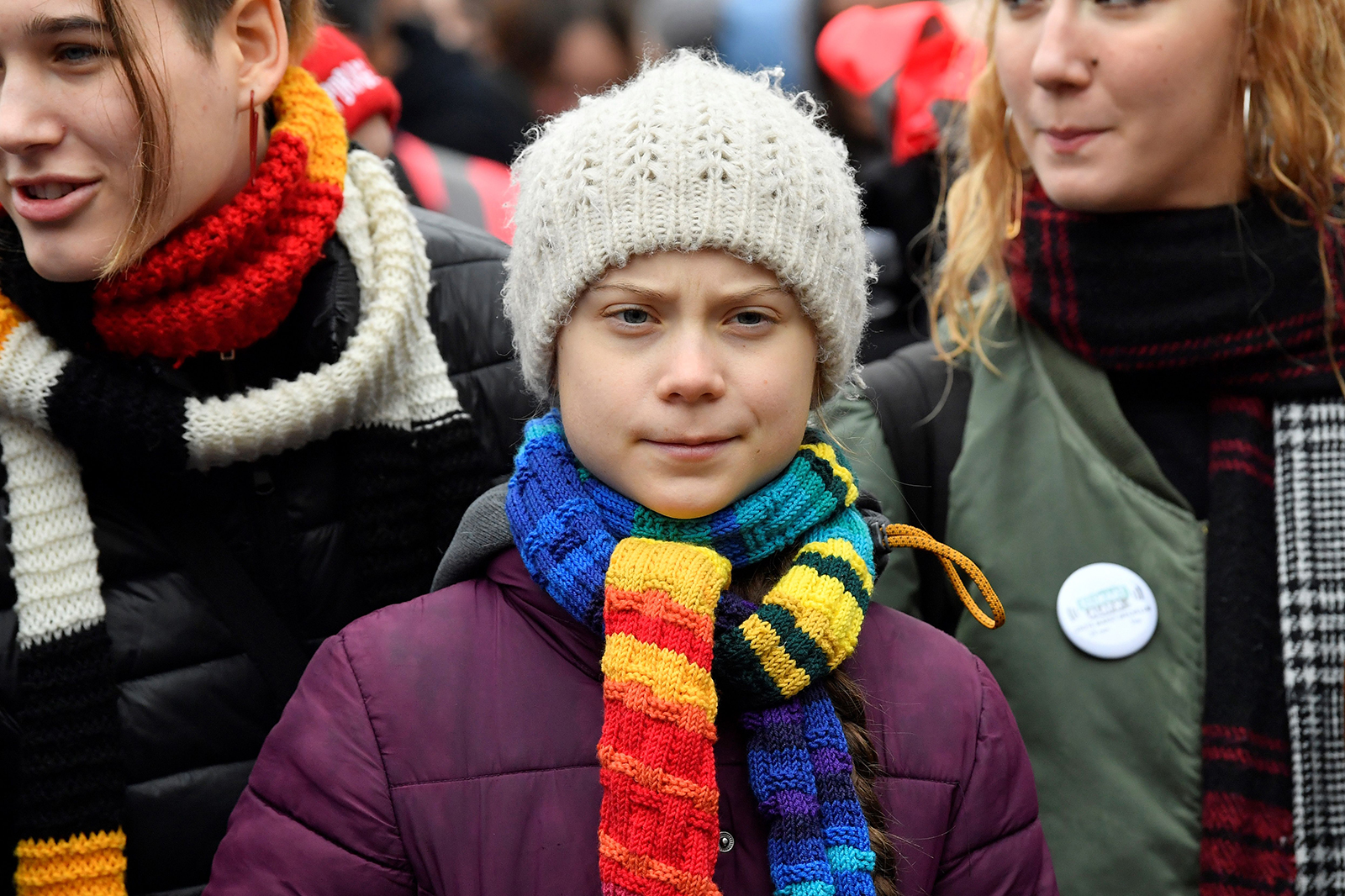"First vaccines may not be our best vaccines," US disease expert warns
CNN Health’s Shelby Lin Erdman
It’s hard to draw many conclusions at this point from the vaccine data published Monday by the University of Oxford, said Dr. Peter Hotez, professor and dean of Tropical Medicine at the US' Baylor College of Medicine, during an interview with CNN’s Wolf Blitzer.
Hotez predicted it will take until the middle of next year to find out if the vaccine actually works.
“Looking at the data coming out of the AstraZeneca-Oxford vaccine, in a single dose, the vaccine did not seem to do all that much. The levels of virus neutralizing antibody, which many think is a good indicator of whether the vaccines are going to work, were not very high,” Hotez said. “In two doses it seemed to be better, but there were only 10 patients who got the two doses.”
“So, it's really hard to conclude, very much from this,” he said.
Hotez said the results suggest a larger trial is needed.
“And that’s the idea behind Operation Warp Speed. All of these vaccines will start entering phase 3 clinical trials at various times over the next year and then it’ll take a year to accumulate all the data showing the vaccines actually work, as well as that they’re safe ... But keep in mind the first vaccines may not be our best vaccines, added Hotez.
“It’s looking like many of them are just partially protective, potentially preventing people from getting very sick, but not interrupting transmission. So, even then we’re still going to have to maintain ongoing public health control.”
There are 23 Covid-19 vaccines currently in clinical trials globally, according to the World Health Organization.
Covid-19 test results could take as long as two weeks
From CNN's Curt Devine
 A medical worker wearing PPE administers a nasal swab test at a free coronavirus testing location outside Washington Square Park in New York on July 18. Alexi Rosenfeld/Getty Images
A medical worker wearing PPE administers a nasal swab test at a free coronavirus testing location outside Washington Square Park in New York on July 18. Alexi Rosenfeld/Getty ImagesWhile the surge in coronavirus cases in the United States has amplified the need for timely testing, diagnostic companies continue to grapple with turnaround times of multiple days or more for coronavirus test results.
Some labs have attributed the longer waits to extreme demand and strain on testing supply chains. There are now more than 3.8 million confirmed coronavirus cases in the US, with tens of thousands of new infections every day.
Quest Diagnostics said in a statement Monday that average turnaround time has increased to seven days or more for the general population, and that a “small subset of patients” may experience wait times of up to two weeks.
Prioritized patients, such as symptomatic healthcare workers and those who are hospitalized, get results in two days on average, the company said. Quest says that’s longer than the one-day average wait time priority patients had a week ago.
On Saturday, the Food and Drug Administration authorized Quest to use its Covid-19 test with pooled specimens, where samples from multiple patients are tested together, which the company said should help increase capacity.
But Quest also said the biggest factors they face now are the limits of the complex machines that perform the tests, as well as limited supply of reagents, the chemicals used to perform the tests.
US Assistant Secretary for Health Brett Giroir said on CNN’s “New Day” Monday the average turnaround time for tests in most states is longer than three days, though in 18 states the average is two to three days.
European Union leaders have reached an agreement on a $858 billion coronavirus stimulus package
From CNN's James Frater in Brussels
 Spain's Prime Minister Pedro Sanchez (left), French President Emmanuel Macron (center) and German Chancellor Angela Merkel (right) look into documents during an EU summit in Brussels, Belgium on July 20. John Thys/Pool/AFP/Getty Images
Spain's Prime Minister Pedro Sanchez (left), French President Emmanuel Macron (center) and German Chancellor Angela Merkel (right) look into documents during an EU summit in Brussels, Belgium on July 20. John Thys/Pool/AFP/Getty ImagesAfter five days of fraught discussions, the leaders of the European Union have agreed on a landmark 750 million euro ($858 billion) deal to fund the bloc’s recovery from the coronavirus crisis.
Announcing the agreement on social media, European Council President Charles Michel simply said, “Deal!”
French President Emmanuel Macron hailed it as a “historic day for Europe.”
The package, which will be used to assist countries hit hardest by the virus, comes alongside an agreement on the EU’s overall budget -- an unprecedented 1.82 trillion euros ($2.1 trillion).
In response to the Brussels summit, Belgian Prime Minister Sophie Wilmes said that the European Union had "never before decided to invest so ambitiously in the future."
Argentina records 92 new coronavirus deaths, a new daily record
From CNN's Stefano Pozzebon in Bogota, Colombia, and CNN Espanol's Ivan Perez Sarmenti in Buenos Aires, Argentina
 Swabs are performed to detect Covid-19 to those residents who have had direct contact with an infected person, in Buenos Argentina, on July 15. Carol Smiljan/NurPhoto/Getty Images
Swabs are performed to detect Covid-19 to those residents who have had direct contact with an infected person, in Buenos Argentina, on July 15. Carol Smiljan/NurPhoto/Getty ImagesArgentina has reported 92 new coronavirus-related deaths in the last 24 hours -- its highest single-day death toll to date, health ministry officials announced Monday.
The health ministry also registered 3,937 new Covid-19 cases, bringing the country's total to 130,774 infections and 2,373 deaths.
It comes as Argentina on Monday launched a partial re-opening in the city of Buenos Aires, where over 90% of the reported cases are located.
Republican governor: There are “growing indications” Covid-19 funding “is no longer a priority” for White House
 Maryland Gov. Larry Hogan speaks at a news conference on Wednesday, July 15, in Annapolis. Brian Witte/AP
Maryland Gov. Larry Hogan speaks at a news conference on Wednesday, July 15, in Annapolis. Brian Witte/APIn a series of tweets published on Monday night, the Republican governor of Maryland questioned the Trump administration's commitment to dealing with the coronavirus pandemic.
Governor Larry Hogan said on his official Twitter that the United States was at a "critical juncture" in the epidemic.
Hogan called for the Trump administration to extend the public health emergency, which expires on Saturday.
Colombia surpasses 200,000 coronavirus cases
From CNN’s Stefano Pozzebon and Taylor Barnes
 Health workers carry out Covid-19 tests in Bogota, on July 8. Raul Arboleda/AFP/Getty Images
Health workers carry out Covid-19 tests in Bogota, on July 8. Raul Arboleda/AFP/Getty ImagesColombia reported 6,727 new coronavirus cases on Monday, bringing the country’s total to 204,005, its health ministry said.
The ministry also reported 193 new deaths from the virus, raising the nationwide tally to 6,929.
Despite the growing number of coronavirus cases, Colombian President Ivan Duque has so far resisted calls to reimpose strict lockdown measures that were first lifted at the beginning of June.
Colombia's capital Bogota and other main cities are instead following a localized approach by closing only the most affected neighborhoods.
Greta Thunberg to donate 100,000 euros to fight Covid-19 in the Amazon
From journalist Rodrigo Pedroso in Sao Paulo and CNN’s Iain Smith in Atlanta
 Swedish climate activist Greta Thunberg takes part in a "Youth Strike 4 Climate" protest march on March 6, in Brussels. John Thys/AFP/Getty Images
Swedish climate activist Greta Thunberg takes part in a "Youth Strike 4 Climate" protest march on March 6, in Brussels. John Thys/AFP/Getty ImagesClimate activist Greta Thunberg announced on Twitter on Monday that she would donate 100,000 euros ($114,000) to combat the spread of Covid-19 in the Brazilian Amazon.
The announcement came after the teenager was awarded the Gulbenkian Prize for Humanity, which has a prize amount of 1 million euros ($1.14 million.)
The donation -- which will come from the prize money -- will be made through the activist's Thunberg Foundation to SOS Amazonia, which is led by Fridays for Future Brazil, an organization that is helping to fight the coronavirus pandemic in indigenous territories.
Another 100,000 euros will be given to the Stop Ecocide Foundation to “support their work to make ecocide an international crime,” she said in the announcement.
In a video posted on her Twitter account, the Swedish activist said she would donate the full prize money but has not yet provided information on the other recipients.
"Also to help organizations and projects who are fighting for a sustainable world and who are fighting to defend nature and the natural world."

 5 years ago
579
5 years ago
579 

